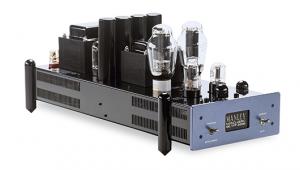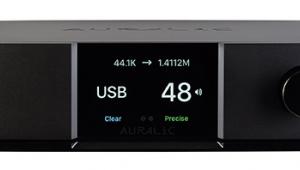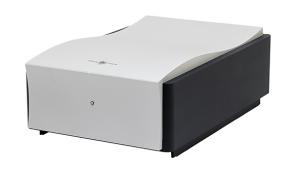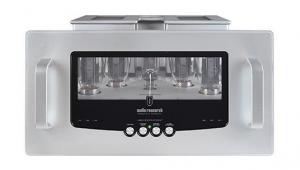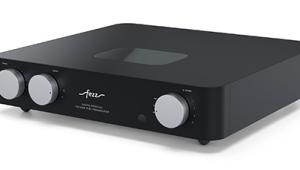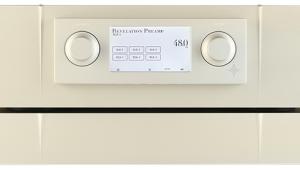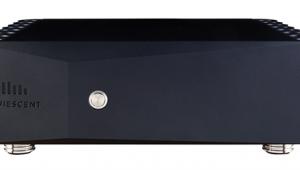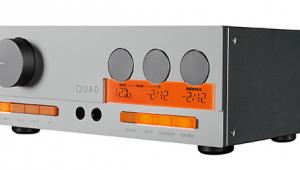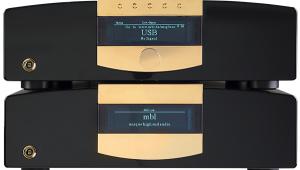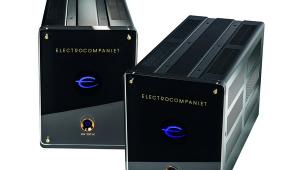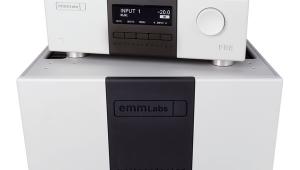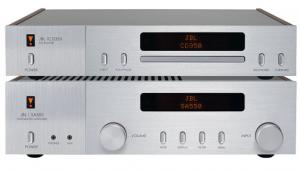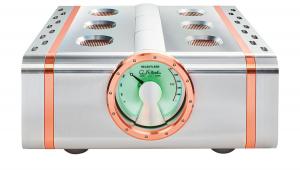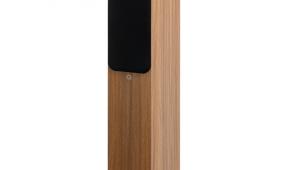PS Audio Stellar Power Plant 3 Mains Regenerator

 Don't look down your nose at PS Audio's cheapest mains regenerator. Used with low-power source components, pre and headphone amps, it can still be transformative
Don't look down your nose at PS Audio's cheapest mains regenerator. Used with low-power source components, pre and headphone amps, it can still be transformative
Back in the late 1970s Bob Stuart of Meridian observed that an amplifier has more inputs than those labelled as such, others being 'output' and 'mains'. It was an idea to which lip-service was widely paid but, on the mains side, nobody really picked up the idea and ran with it until PS Audio introduced its first mains regenerator in 1998. Yes, we'd had mains filters and conditioners of various types before but this was the first device that said that if you want the cleanest mains supply you're going to have to synthesise it from scratch.
A mains regenerator is, in essence, a high voltage power amplifier with an integral sine wave oscillator at its input. Like all power amplifiers, regenerators have a rated output beyond which they run out of puff – in this instance current because the output voltage is fixed. So if you want to run a meaty power amplifier from it, you need a meaty regenerator too.
But that's costly, and there's something for saying that a regenerator's largest benefits accrue upstream when used to power signal sources, preamps, etc. In fact I've had experiences, reported before, where running certain power amplifiers from a regenerator has changed the sound, yes, but not necessarily for the better.
Canny Choice
So I don't look down on the Stellar Power Plant 3 just because, at £2310, it's the cheapest in PS Audio's latest range. On the contrary, I perceive it as a canny choice for buyers on a constrained budget looking to achieve the best bang for their buck.
At first glance you could mistake the Stellar PP3 for a minimalist preamp. It's slim at 83mm high and there are no external heatsinks making a statement of intent, just a narrow strip of perforations along the top panel which vent a front-to-back heatsink tucked away internally. The SPP3 is pretty heavy for its size, though, at 14.2kg, due principally to its large toroidal mains transformer. Round the back it has no inputs other than mains power, just four outputs in the form of three-pin UK mains sockets. (There are, of course, different output options, and different output voltages, for other territories.)

In the UK variant the four output sockets are divided into two groups of two. The pair mounted toward the middle of the rear panel is labelled 'Filtered High Current or Regenerated', with a switch off to one side that selects between HC (high current) and Regen (regenerated) operation. The other two outlets, labelled 'Regenerated', are not switchable. Importantly, PS Audio counsels against using a mains distribution lead to increase the number of outlets as this increases effective output impedance and can encourage overloading.
Via the HC outputs you can connect items of equipment, such as power amplifiers, that would draw more than the SPP3's 300W maximum rated output while benefiting, potentially, from its inline filtering. PS Audio doesn't specify the series impedance for HC mode but, added to the impedance of the wall socket, total series impedance is sure to be greater than the less than 8 milliohms (or <0.008 ohm) output impedance specified for the regenerated output.
Remote Drive
There are no controls on the SPP3's fascia, other than a standby switch in the top left corner, as it's intended to be driven via the supplied plastic IR remote control handset (lose this at your peril). But there are three LEDs indicating status on the front panel. Running left to right, the 'Output' LED shows green, yellow or red according to the power being pulled from the regenerated mains outlets. Green means that power draw is 270W or lower, ie, within 90% of maximum output; orange indicates 270-300W, close to maximum; and red means that 300W has been exceeded. If you exceed 330W for 30 seconds, the SPP3 will enter its fault mode.



